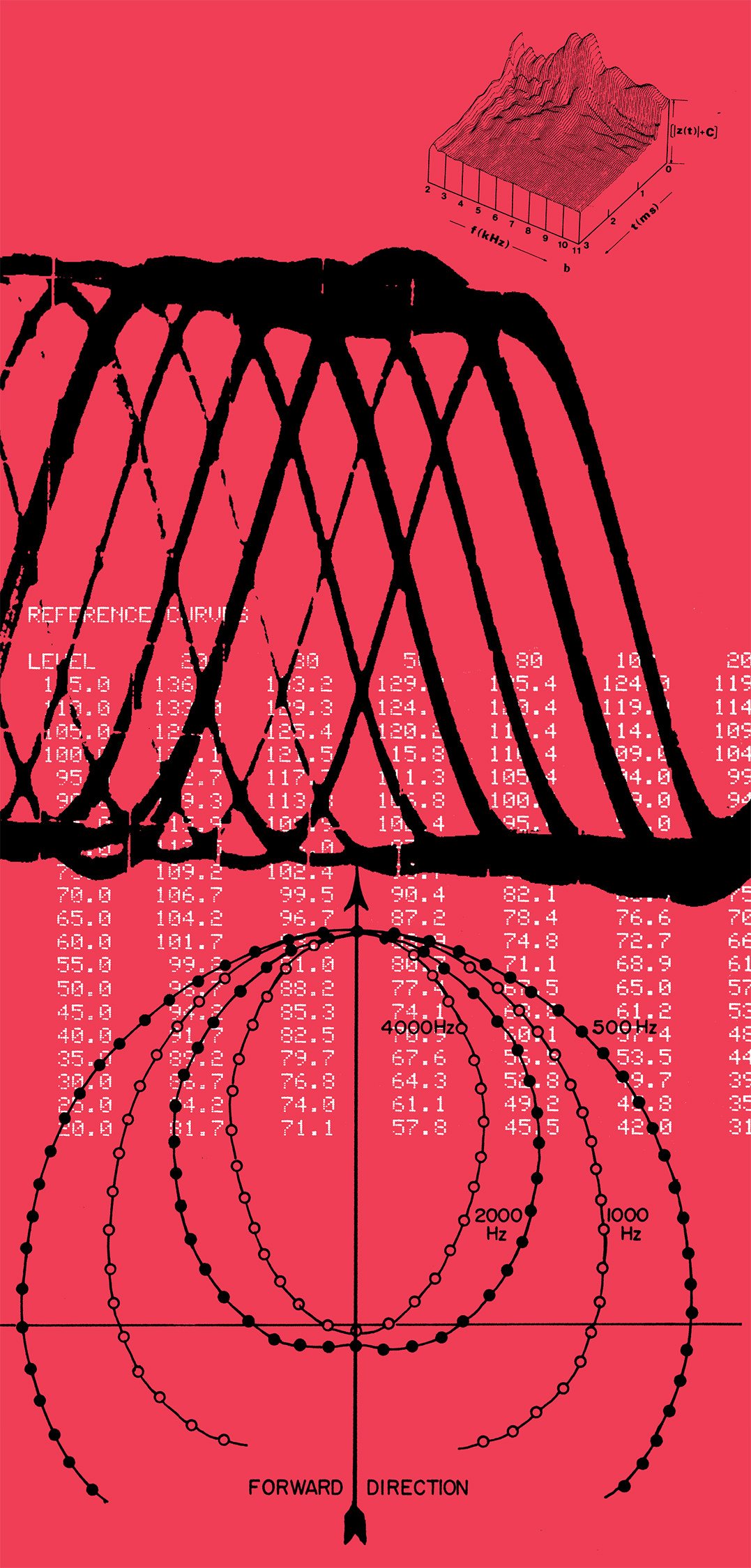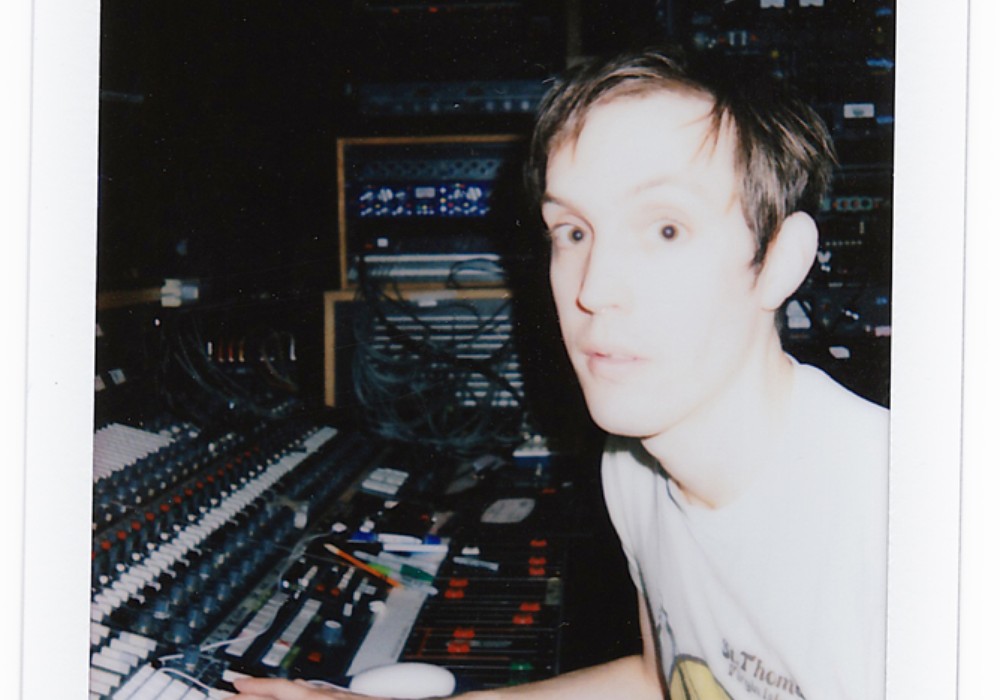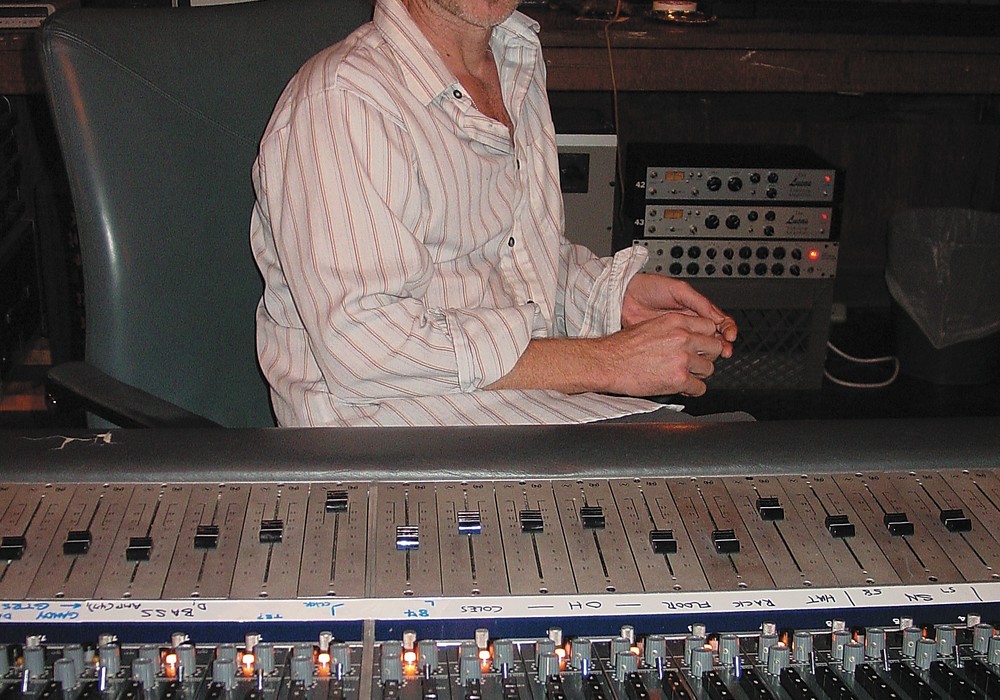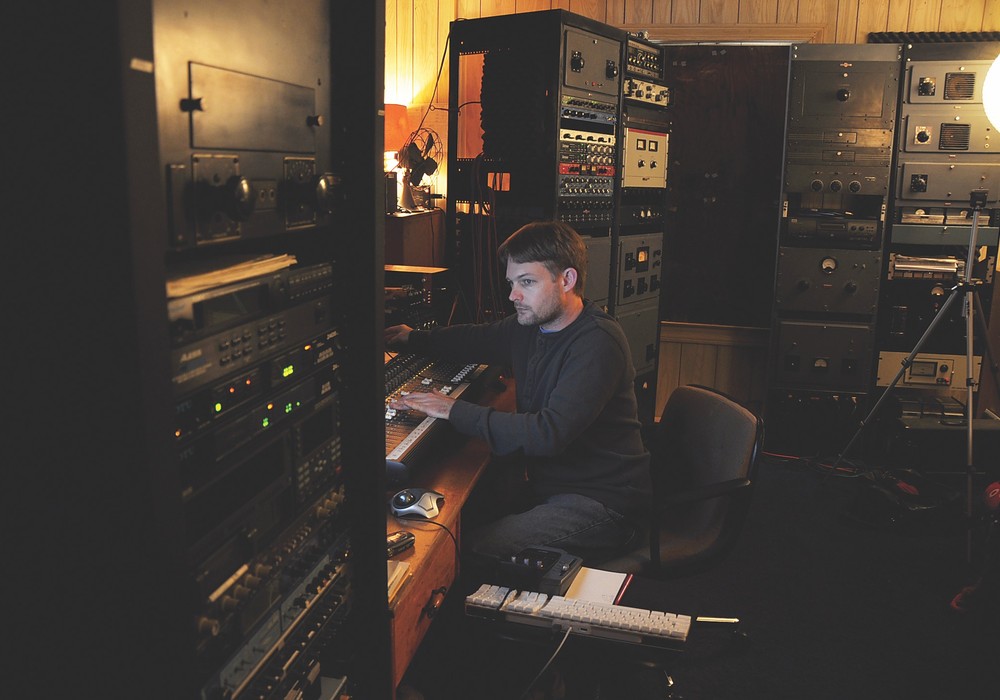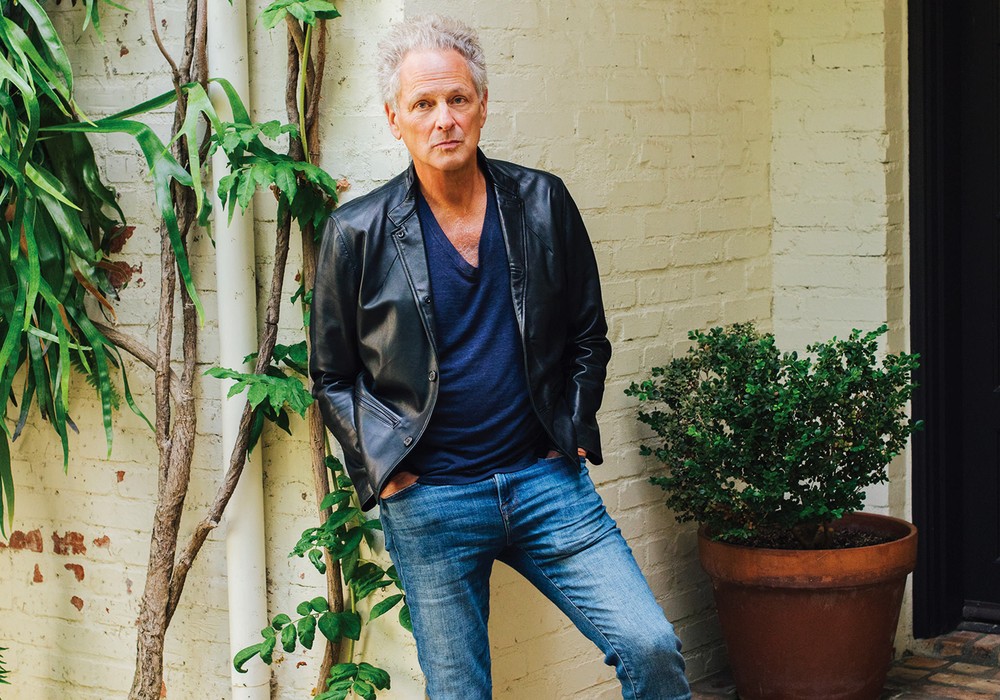It's hard to imagine that anyone under 30, who helmed a Grammy winning (four awards!) record, might not let it go to their head. But Blake Mills, who produced the Alabama Shakes' Sound & Color (engineered by Shawn Everett, also in this issue), does not fall into that stereotype in the least. In contrast, he's enthusiastic about making music, quick to praise the people he collaborates with, and frequently mentions how grateful he is to work with the people he has. After chatting with Blake during a short break from a session (where he and his cousin, Jon Peter Lewis, were covering Bob Dylan's "Not Dark Yet" at Tony Berg's studio), it's clear that the success that has come Blake's way is in direct proportion to his enthusiasm for music, that he's easy to get along with, and he can clearly communicate his ideas in a way that gets you excited about them. And that's what a good producer does, right?
I'd heard that your first solo LP, Break Mirrors, was intended as a calling card for session work. I guess that worked out?
Yeah, it was an experiment. I had left the band Simon Dawes, and I was continuing to write without a goal of what to do with those songs. The obvious conclusion was to make a record, but I had no intention of performing that material. Being in a band at such a young age, I was always struggling to represent my artistic ideas over those of my bandmates. I was in the studio constantly with the engineer, Shawn Everett, during the making of the Simon Dawes record, Carnivore, stressing over all these little parts that everyone played. I'm sure that I was such a pain in the ass for everybody. So when I made a solo record I had carte blanche to do all of those kinds of things, without the stress. I went into a friend's house in Malibu with an engineer named Andy Brohard. We did some live tracking and then brought the record back here, to Tony Berg's studio in Brentwood, California, to finish it with Shawn. My hope, at the time, was that people would hear it and go, "Oh wow, what an interesting sounding record. We should get these guys to work with us. We should make all our records with them!"
You're also well-known as a guitarist. Was this an attempt to get more session work as a player, or was the goal to get into production?
It was to get into production. It was me coming out of a period of time where everything I did was collaborative – being a guitarist in a band [Simon Dawes], and co-writing the songs with Taylor [Goldsmith] – so it was really a way to try to create some record that felt inherently like me and my sensibilities. It was a process for the songwriting, as well as the sonics in the engineering, to sound the way I had wanted my music to sound at that time. My hopes were that someone would hear it and be aware that this was a part of what I was interested in doing. There wasn't that much focus on the guitar playing on that record – it's serving the writing and production.
And you met Shawn around this time?
I met Shawn working on the Simon Dawes record, Carnivore. I think that was around 2007 to 2008. A couple of years after that we started working on Break Mirrors together.
We interviewed Shawn for this issue as well. How do you divvy up your workload and responsibilities when you're working on a record with him, and you're either producing or co- producing? Do you do some engineering yourself?
I care a lot about how every sound is created and captured. I'm definitely more hands-on in that way than many modern producers, but I'm certainly not as schooled in engineering techniques as most of the traditional record producers were. I'm catching up on the jargon, and trying to remember the model name of the microphone that I liked so much on the guitarrón. When I'm working with Shawn, he can largely inform the process for the artist or the band we're working with. He is an engineer who, in a very unique way, captures the essence and transforms it without pretension. Traditionally it seems that great- sounding records were tracked in such a way that the engineers were trying not to record anything improperly. Maybe they would get clear sounds and counteract some deficiencies in the equipment, but the major sonic shaping was done during the mix. But with Shawn, he alters some sounds in real time. He reshapes the character of the sound, and it informs the way someone will sing or play. It can inform me too; like I'll build a record around how great the snare drum or that guitar tone suddenly is. It's influential to work with Shawn; it's like he's a band member. He's certainly an artist in that way. I would say my approach isn't something that I've figured out, beyond reacting to what I want out of the music –...
